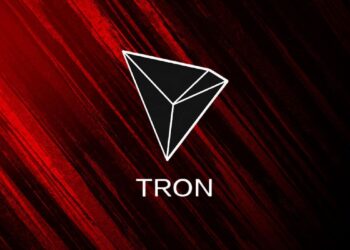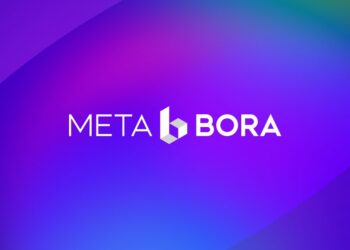The Nigerian government has announced a national blockchain policy aimed at promoting the development of a blockchain-based economy that enables secure transactions, data sharing, and value exchange among individuals, companies, and the government. This move is expected to benefit the country’s public and private sectors and foster innovation, trust, growth, and prosperity for its citizens.
Nigeria is one of the countries with the most extensive blockchain adoption. The policy seeks to establish a blockchain-powered economy that enables safe value exchanges between citizens, companies, and the government.
The policy’s initiatives include:
- Creating a Nigerian blockchain consortium.
- Promoting digital identity.
- Strengthening the legal and regulatory framework.
- Providing incentive programs for blockchain businesses.
- Enhancing digital literacy and blockchain technology awareness.
- Establishing a national blockchain sandbox for testing and piloting.
The Federal Ministry of Communications and Digital Economy (FMCDE) developed the policy in consultation with various public and business sector stakeholders. The FMCDE estimates that the widespread adoption of blockchain technology in various sectors could potentially add $1.76 trillion or 1.4% to global GDP by 2030, citing a report by PricewaterhouseCoopers (PwC).
Regulatory agencies such as the Securities and Exchange Commission, the Nigerian Communications Commission, and the National Universities Commission have been directed by the Federal Executive Council to establish regulatory frameworks for blockchain technology adoption in various economic sectors.
The National Information Technology Development Agency (NITDA) was tasked with coordinating the policy efforts under the guidance of the FMCDE. Furthermore, the Nigerian government established a multisectoral steering committee to oversee the implementation of the strategy.
According to the announcement, the new policy aligns with the Nigerian federal government’s seventh pillar, which emphasizes a digital society and emerging technologies in the national digital economy policy and strategy. It is worth noting that despite the new guidelines, cryptocurrency transactions will still be considered illegal in Nigeria.
If you want to read more news articles like this, visit DeFi Planet and follow us on Twitter, LinkedIn, Facebook, Instagram, and CoinMarketCap Community.
“Take control of your crypto portfolio with MARKETS PRO, DeFi Planet’s suite of analytics tools.”





















